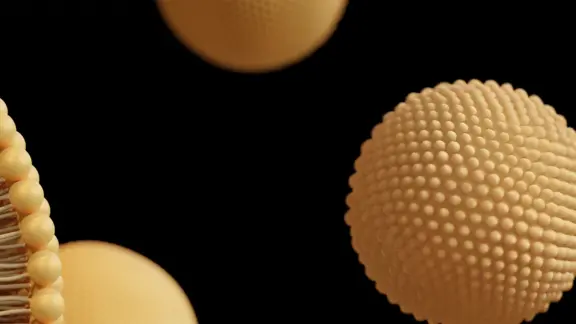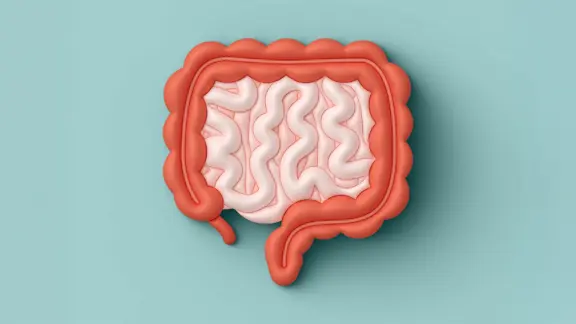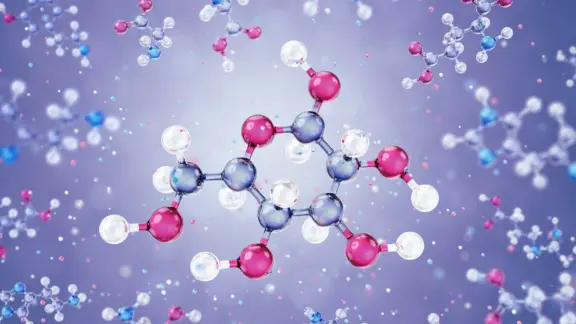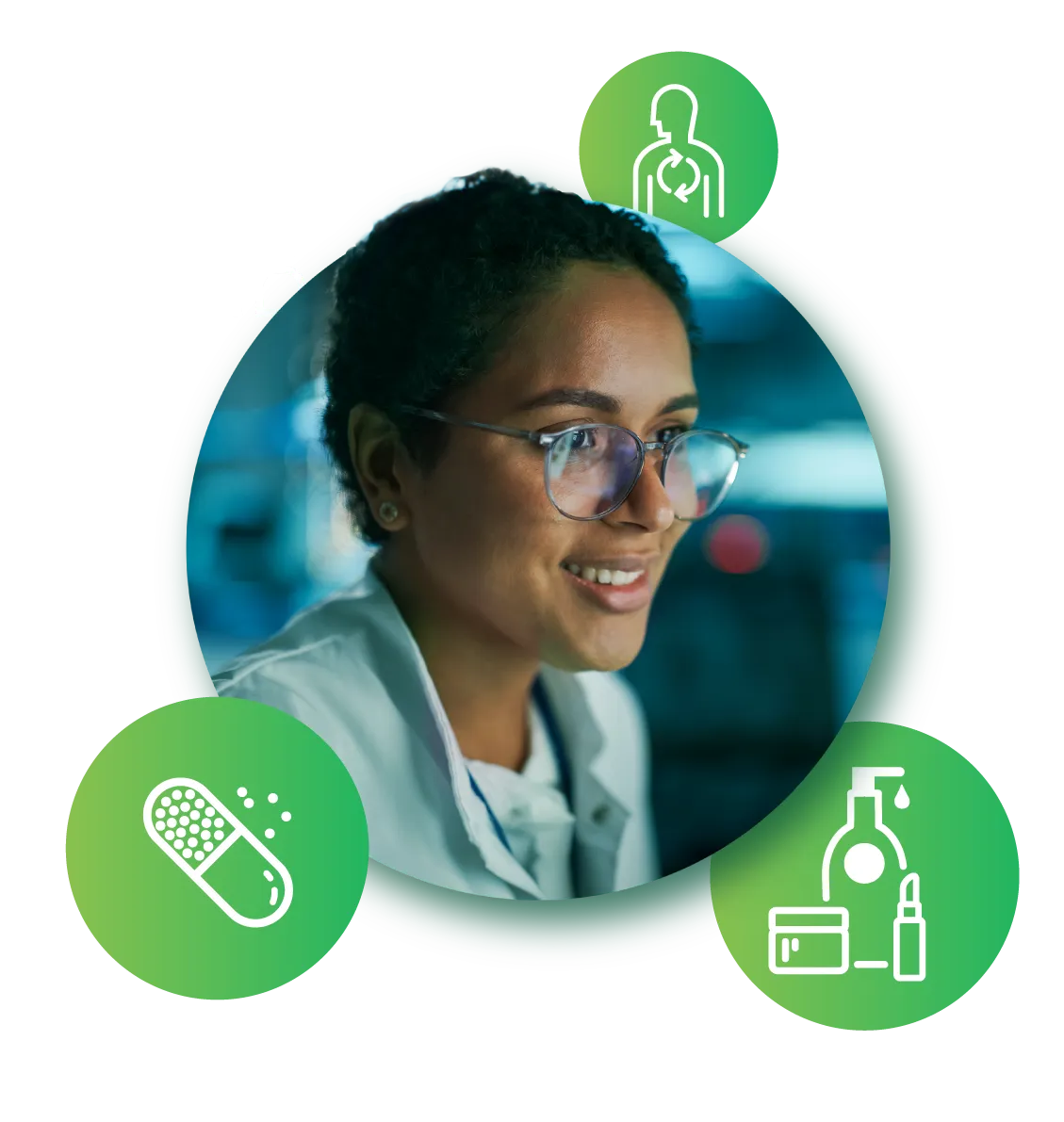This year, the Biochemical Analytics Prize, endowed with 50,000 euros, will be awarded to biochemistry professor, Dr Kai Simons and analytical chemist, Dr Andrej Shevchenko, as well as to Professor Andreas Greinacher, a transfusion medicine physician.
Fats (lipids) play a vital role in the human organism but not enough research has been conducted on them up until now. Lipids include cholesterol and its esters, triglycerides, fat-soluble vitamins, hormones and even waxes. Alongside DNA and proteins, lipids comprise an important substance class of their own. The totality of the lipids in the human body, the lipidome, includes over 100,000 different lipids. Of these molecules, more than 2,000 have already been linked to human health and disease. They play an important role in metabolic regulation – at a cellular level on up to energy management and communication.
Kai Simons and Andrej Shevchenko worked together to develop the world’s first quantitative shotgun lipidomics platform. The method uses high-resolution mass spectrometry to conduct highly sensitive, absolute quantitative analyses of lipid molecules in small amounts of cells, tissues and body fluids. The quantification of several thousand different lipid molecules is done simultaneously using one sample. The individual fatty acid components of the lipids are broken down molecule by molecule to create a molecular signature of the lipidome. Since shotgun lipidomics is also suited for a high throughput, the method can be used in molecular diagnostics, where groundbreaking observations have already been made, such as for metabolic disorders.
Professor Andreas Greinacher and his research team discovered the cause of “VITT syndrome – vaccine-induced immunogenic thrombotic thrombocytopenia (VITT)”, which occurs after a vaccination with adenovirus vector-based COVID-19 vaccines.
For more information about the DGKL award, please refer to the link below.
Resources
Follow us on LinkedIn, Twitter, Instagram, Facebook or YouTube and subscribe to our newsletter to stay updated on lipids and lipidomics!




